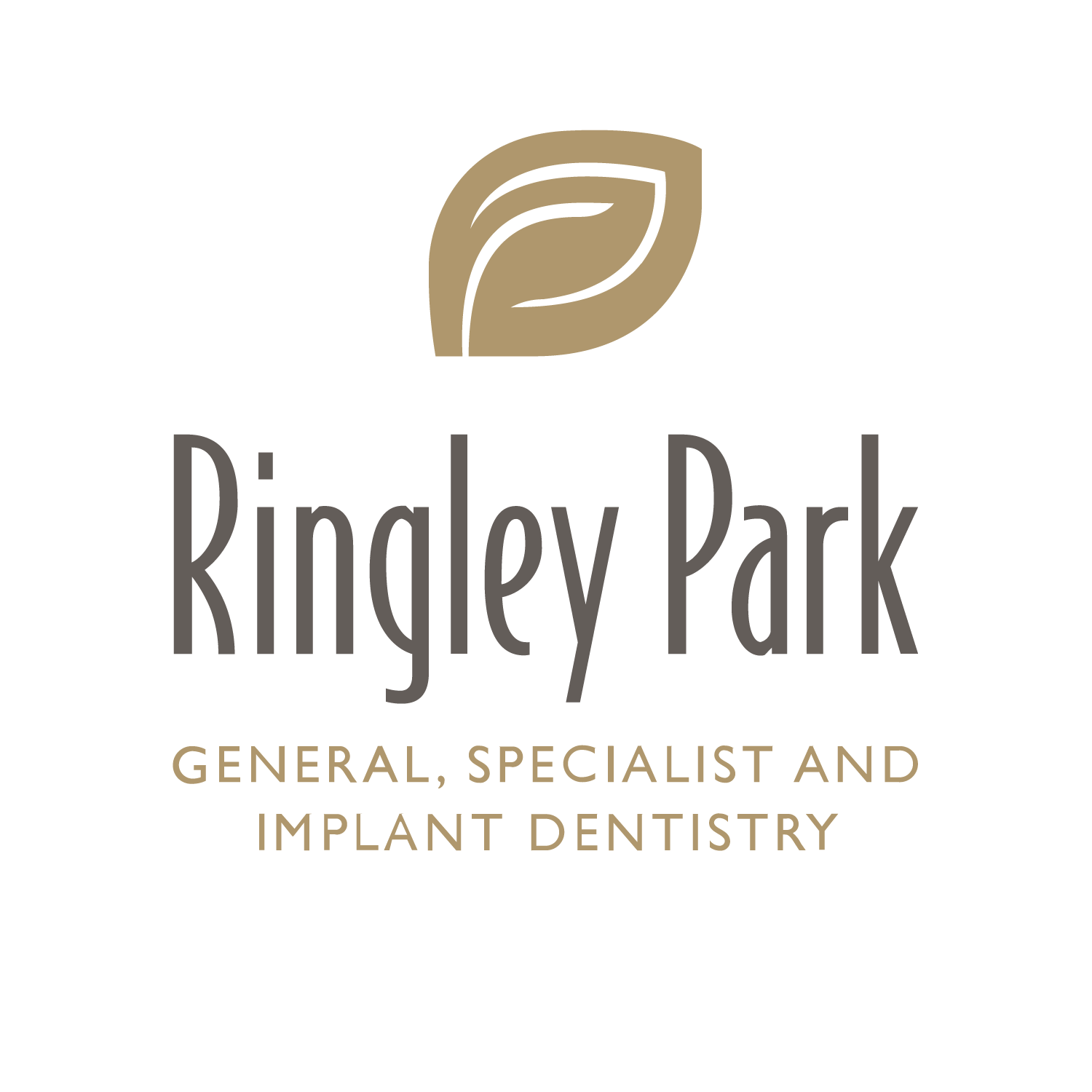November is Mouth Cancer Action Month – the UK’s biggest charity campaign for mouth cancer awareness – now in its 20th year.
Even though we are currently facing many other health concerns, the team at Ringley Park Reigate, want to continue to raise the awareness of mouth cancer. We want our patients to know how to spot the early signs and understand the steps that can be taken to reduce risk, by cutting down on the things that cause the disease.
Over the coming months it is especially important to be mouth aware. The COVID-19 pandemic has meant that patients might not be visiting the dentist as regularly as normal, so being aware of any changes in your mouth and looking after your oral health is all the more significant.
In the UK, more than 7,800 people were diagnosed with mouth cancer last year and globally there are in excess of 300,000 cases every year. This disease claims more lives than cervical and testicular cancer combined, yet caught early, the chances of surviving mouth cancer are nine out of ten.
The number of people being diagnosed with mouth cancer has grown by around a third in the last decade and remains one of the very few cancers that are predicted to increase further in the future. While mouth cancer is more common in people over 40, particularly men, research has shown that it is becoming more common in younger patients and women.
What to look out for
Mouth cancer (also known as oral cancer) can start in any part of the mouth, including the lips, tongue, gums and cheek.
- The most common symptom is an ulcer or sore that does not heal within 3 weeks. This can be in the mouth or on the lip.
Other symptoms to look out for may include:
- white or red patches on the lining of the mouth. These are common and rarely a sign of cancer, but left untreated they may lead to cancer
- a lump or thickening in the mouth, throat or on the lip
- difficulty swallowing or moving your jaw
- unusual bleeding, pain or numbness in the mouth
Any symptoms that are unusual or do not go away are unlikely to be cancer, but it is important that they are checked out by your dentist or doctor.
How to reduce the risk
Up to 90% of all mouth cancers are linked to lifestyle factors, which means with a few small changes, you can significantly reduce your risk.
- Around two in every three mouth cancers are linked to smoking
- Excessive consumption of alcohol is linked to around a third of mouth cancers
- Smoking and drinking together trebles a person’s risk of mouth cancer
- Recent reports have linked oral cancer to the human papilloma virus (HPV)
- Around a third of mouth cancers are thought to be linked to an unhealthy diet and a lack of vitamins and minerals
Early detection saves lives!
At Ringley Park Dental Practice, we certainly don’t want to frighten anyone, we just want our patients to be more aware of the problem of mouth cancer and to help stop it in its tracks. If you have any sores, lumps or long-term ulcers in the mouth, no matter how small, it is important that you come in to have it looked at to put your mind at ease.
Mouth cancer screening now forms an integral part of routine check-ups for every patient and our clinical team is fully trained to recognise early signs of the disease. Screening only takes a few minutes; it’s a simple, non-invasive procedure that could just help save a life.
If you have any concerns or questions around your oral health at any time then please do not hesitate to contact us on 01737 240123 and one of our clinical team will be only too happy to help.
If you would like further advice on looking after your oral health or that of someone you’re caring for give us a call today on 01737 240123. We will be happy to help.

